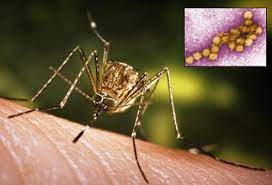Free Courses Sale ends Soon, Get It Now


Free Courses Sale ends Soon, Get It Now



Disclaimer: No copyright infringement intended.
Context
About
Transmission
Symptoms
Prevention
© 2024 iasgyan. All right reserved